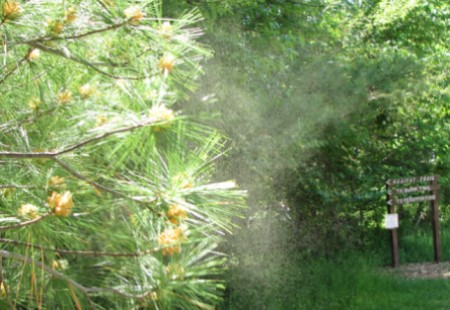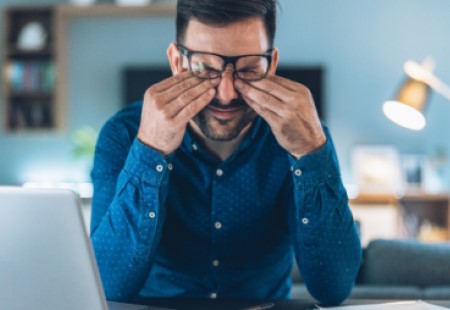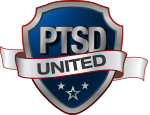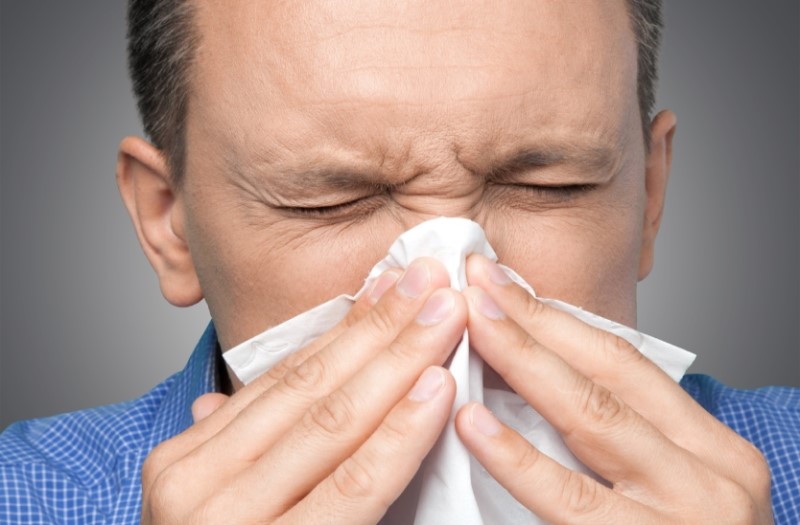Allergies. A long chapter and a big problem for human beings. Living with them makes the daily life complex, unbearable and more painful.
Your body is under continuous stress and the feeling of fatigue and being useless dominates your entire “structure”. Even personal concentration becomes a problem as it affects the overall performance on any matter of your work.
In this cruel reality, many persons wonder what to do with their training routine. Is exercise related to allergies?
What is the meaning of the statement “I have allergies?”
Any number of people questioned give a similar answer. “Allergies can make your life miserable”; “Allergies can make you really unhappy”.
It is not only the continuous sneezing (really exhausting you), but also the invincible itching, the dry cough and certainly the incredible physical & mental fatigue felt during the whole day.
During the period of allergies, you feel like you are going through a long and endless flu, not showing any signs of termination.
Everything, like the professional and personal goals run behind, as there is not the courage, the mood or the physical strength for anything.
An increasing number of people suffer from seasonal allergies.
What is really the problem with this situation?
Seasonal Allergies – what they are

The spring season is considered as a period of seasonal allergies, and in particular the period from the end of March to end of May, without this being absolute in any case.
The main cause of these allergies is pollen, along with environmental dust or the caterpillars.
The process of nature’s flowering – no matter how amazing it is – means the beginning of an exhausting torture for many people, expected to last for several months.
Referring to allergies, we mean a situation where the body is hypersensitive & annoyed by some environmental elements.
Pollen, for example, is a very common allergen for a large part of the population.
However, there are more specific allergies, not easy (with no required medical tests) to be detected and therefore to be prevented or treated accordingly.
When the body contacts an allergen then literally we have a “war” to face this threat.
This war will be conducted by the most appropriate organ of the body (depending on the allergen causing the harm to body) so it can defeat this.
For example, pollen that is an inhaled allergen will be confronted by the lungs, nose, eyes and in some cases the pharynx.
This means that the body begins to sneeze, to have a runny nose, to cough, present shortness of breath and tears in the eyes to eliminate this inhaled allergen. This usually results in severe itching, redness, severe fatigue, difficulty breathing or a feeling of charged chest.
Fighting Seasonal Allergies
Is there a way to fight seasonal allergies? Surely, you have found that even if you are locked in the house, the allergy does not go away.
So what to do?
Confronting allergies is not the simplest thing. The symptoms are strong and exhausting, having a significant impact on your overall psychology at that time.
Specialist allergists recommend the preparation of the organism BEFORE the period of allergies’ outbreak.
This practically means administration of special antihistamines at least 2 weeks before the start of the multi-allergy period.
Furthermore – and during the period of allergies – there are some tips to follow to alleviate the symptoms and relieve them.
Here are some of the most effective ways to deal with the problem

- Facial wash
Frequent and good washing of the face can remove allergens from the nose, eyes or mouth, protecting you from severe symptoms.
- Frequent shower
It’s not just the face. Our whole body is a carrier of allergens. Our bodies and clothes carry the particles that constantly bring problems.
- Change of clothes
As already discussed, even our clothes carry pollen, dust or other allergens, so we are in constant contact with them. Frequent change of clothes can significantly reduce the severe symptoms.
- Attention to eyes
As you might guess, the period of allergy outbreak is not a good time for your eyes. They are constantly crying or even itchy.
It might be best not to add problems to them with the use of contact lenses, and to take care of their frequent cleaning with saline. This will remove any allergens entered and bothering you.
Even makeup (for women) can be very stressful at this time.
- Linen
All your white goods (sheets, towels, pillowcases) should be very clean and change frequently … for the same reasons applying to clothes change.
Even the home’s environment needs more care this season, with regular shaking of sofa covers, pillows, rugs, curtains, as all this retains the allergenic elements in your home.
- Water
Certainly, we drink plenty of water. Water helps suppressing the allergies. Yet, when the body is dehydrated – according to scientific research – the level of histamines rises sharply, resulting to stronger and more unbearable symptoms.
- Nutrition
Surely, nutrition also plays a catalytic role in treating allergy symptoms. Besides, avoiding certain foods you can avoid triggering allergies. Some foods known for provoking allergies are peaches, apricots, tomatoes and zucchini, as well as all vegetables and fruits consumed as whole (without being cleaned externally or peeled).
- Alcohol
Consumption of alcoholic beverages causes dilation of blood vessels, increasing the blood flow, resulting in deterioration of allergenic symptoms (such as troubled breathing, sneezing, coughing, nasal congestion, runny nose).
- Room
We often ventilate the rooms in our house. You may think that keeping the windows closed keeps all allergens out, but unfortunately, this is not the case. Dust enters from everywhere.
Renewing the air in your space helps feeling better both psychologically and practically (due to nasal congestion).
However, if you see that the environment outside has a lot of dust or pollen at any day, prefer to keep the windows closed to avoid an escalation of your symptoms.
Are Allergies Affecting body Exercise?

Many people suffering from allergies have the same question. How allergies affect exercise and how exercise affects allergies?
Is it possible the exercise to cause a deterioration of your allergies?
Many experts recommend exercise as a way to manage allergy symptoms (even during the period of great outbreak).
Though the feeling of fatigue felt is not the best for a workout, research shows that improving the blood flow caused by exercise in the body helps reduce the severity of allergic symptoms.
However, do not push your body, as body itself could inform you when it can cope with training or when this is not possible.
CAUTION: Exercising your body with demanding training can cause serious infections in your respiratory or cardiovascular system, already troubled by allergies. If you experience discomfort during training, stop immediately and contact your personal allergist who may guide you how to deal with the crisis.
In case of severe allergy symptoms with pollen, it’s a good idea to avoid running in the park during the mornings. Find other forms of exercise or prefer running in an indoor gym in a treadmill.
No matter how beautiful the parks and flower beds are in the spring, keep a distance.
Keep changing clothes frequently. Wash your hands and face often.
Put drops in your eyes to “rinse” them of allergenic particles. Add a cream (like Vaseline) on the edge of nostrils to act as a barrier preventing entrance of allergens.
Use sunglasses to protect your eyes from airborne particles.
Drink plenty of water and eat good & healthy food to help boost your immune system and make you feel less tired.
Do not fool yourself. Allergies might be at their outbreak in spring, but this doesn’t mean they disappear in the summer or winter.
Environmental conditions determine the duration of allergies’ outbreak, as well as their intensity.
Exercise Tips during the Allergy Period
- Check the weather
- Choose the most appropriate time of day
- Try to choose a training session not aggravating your symptoms
- Avoid “green” areas for physical exercise
- Stop training when you do not feel well at any time





